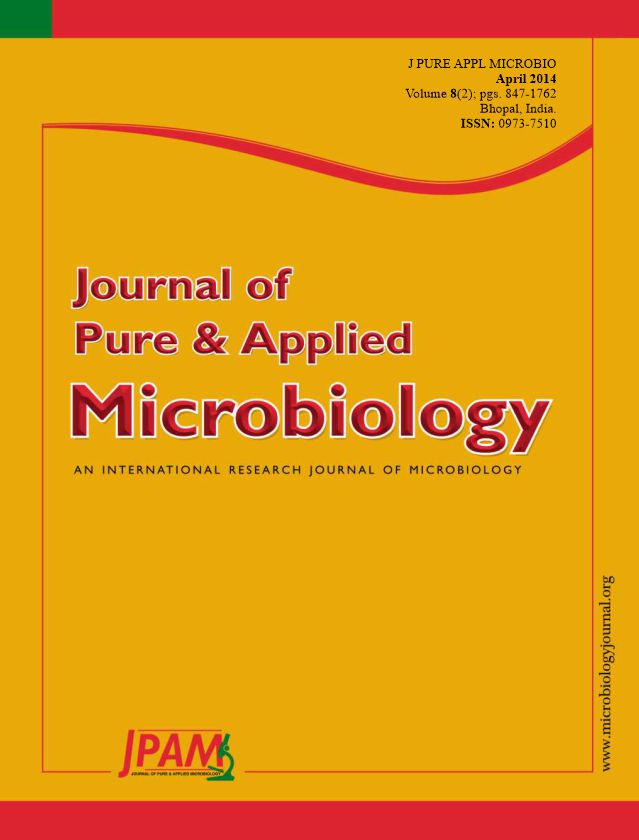The in-vitro antimicrobial activity of methanol and acetone brown algal species extracts: Kombu (Laminaria japonica), Wakame (Undaria pinnatifida), Arame (Eisenia bicyclis) and a red algal sample Sushi Nori (Porphyra tenera) was determined in this study against gram positive and gram negative bacterial isolates; some are antibiotic resistant such as methicillin resistant Staphylococcus aureus (MRSA) ATCC 12498 and Pseudomonas aeruginosa ATCC 27853, and against a yeast isolate Candida albicans ATCC 60193.The highest antimicrobial activity was noted mainly with the brown methanolic algal extracts compared to red algal extracts. FTIR infrared Spectrometer analysis together with High performance liquid chromatography provided a detailed description of the functional chemical constituents present in marine macroalgae particularly in brown seaweeds to be mainly of phenolic nature to which the potent antimicrobial activity is being attributed; nano particles measurement with zeta sizer for Laminaria japonica acetone extract could indicate a preliminary correlation between stability and efficacy of the algal extracts.
Kombu, Sushi Nori, Wakame, Arame, FTIR: infrared Spectrometer, HPLC: high performance liquid chromatography, Zeta sizer
© The Author(s) 2014. Open Access. This article is distributed under the terms of the Creative Commons Attribution 4.0 International License which permits unrestricted use, sharing, distribution, and reproduction in any medium, provided you give appropriate credit to the original author(s) and the source, provide a link to the Creative Commons license, and indicate if changes were made.


